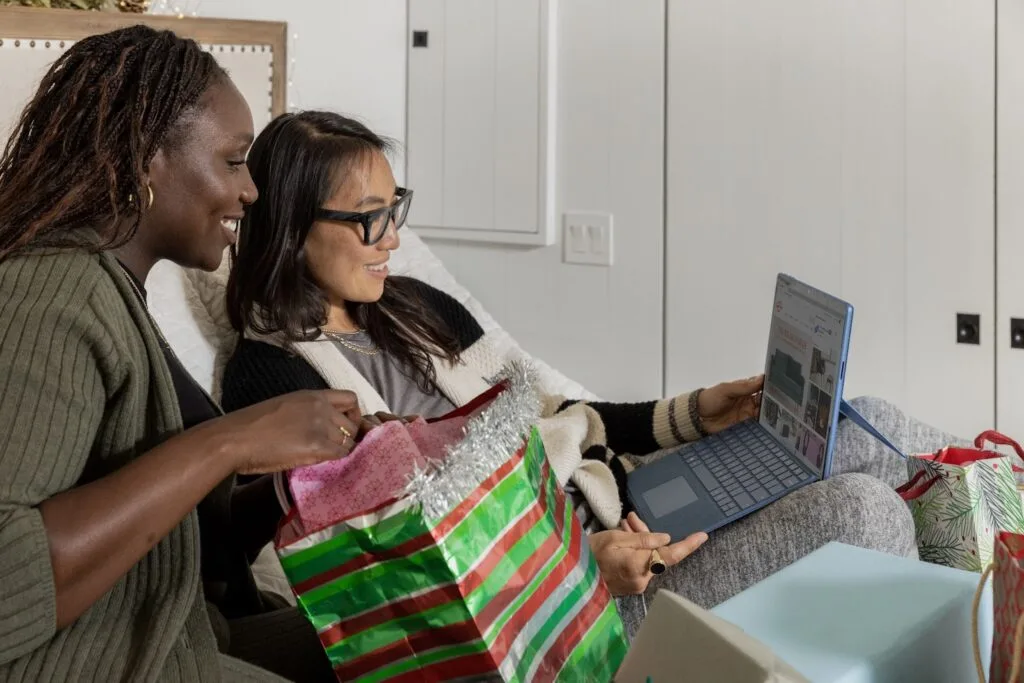
Amidst a 15% increase in undergraduate tuition between 2021 and 2023, several Howard University students have been pursuing remote opportunities and additional vocations that benefit them financially despite academic and professional commitments.
In the 2022-2023 academic school year, about 49% of graduating undergraduate students worked part-time off-campus while attending Howard University, according to a survey of graduating students facilitated by the Institutional Research and Assessment (IRA) team at the Office of the Provost.
Known as the Graduating Student Exit Survey, the evaluation is not currently a mandatory part of the graduation clearance process, but is used to “drive continuous improvement and strategic alignment,” according to a note from the IRA.
Beyond internships and on-campus jobs, such as student tutoring and resident assistantships often taken on by upperclassmen, students across different levels and departments at Howard University have multiple income streams. These include photography, creative arts, barbing, hairdressing and content creation.
For Itunu Akarakiri, a sophomore computer engineering major, school and tech-related internships top her radar, but visual art is a helpful plus. Though she has not actively pursued exhibitions in a while, she shares some of her drawings on Instagram, where fellow art lovers at Howard buy from her.
Akarakiri believes there’s a horde of artistic talent at Howard, particularly at the Chadwick Boseman School of Fine Arts, but admits that the rising cost of tuition at Howard may be influencing student choices. Interested in the intersection of technology and art, she finds independent animation projects fascinating but sometimes struggles to juggle them with the rigor of her academic coursework.
According to Dr. Gerald Daniels, the associate director of Howard’s undergraduate economics program, students who work more than 15 hours a week while schooling often struggle to keep up with academic requirements. While he encourages summer internships and research assistantships, Daniels has observed a concerning upsurge of Howard students juggling long hours as sales representatives or bartenders with schoolwork.
“About 30 to 40% of my students are now working such jobs when some really shouldn’t,” he said, concerned about any “squeezes students and their families may be feeling from the tuition increase.” Daniels said Howard has supported students generously in the past few years but that the effects of the COVID-19 pandemic may have hit both the administration and student body. He feels rising tuition costs and student debts are national issues but hopes more foundations and philanthropists could support Howard students.
In February 2023, Research from EY, a top-tier consulting and accounting firm, suggests that many young adults across the U.S., including college students and recent graduates, worry about insufficient finances. Conducted after lockdown restrictions were lifted nationwide, about 52% of 1,500 survey respondents between ages 16 and 26 expressed such worry, while 56% earned money from side hustles or freelance work. Black and Hispanic respondents were more likely to consider starting a business.
Experts at EY believe these statistics suggest that young people “may stick it out in jobs they aren’t satisfied with during an economic downturn,” even if they value authenticity.
Safiya Goff, a sophomore biology major, agrees. “It’s sad when students have to work long hours or juggle small-scale businesses whilst schooling,” she said, disheartened by the experiences of struggling students and recent graduates, especially those with hefty debts.
Not all scenarios are horrid, she admits, acknowledging how some small-scale student businesses she previously patronized offered useful and cheaper alternatives to fellow students in comparison to expensive counterparts in the D.C. area, especially fashion enterprises.
Goff said she’s grateful for the vibrant African American community at Howard but disheartened by the financial strains some international and low-income students are experiencing. “It’s a shame,” she said.
Copy edited by Diamond Hamm

